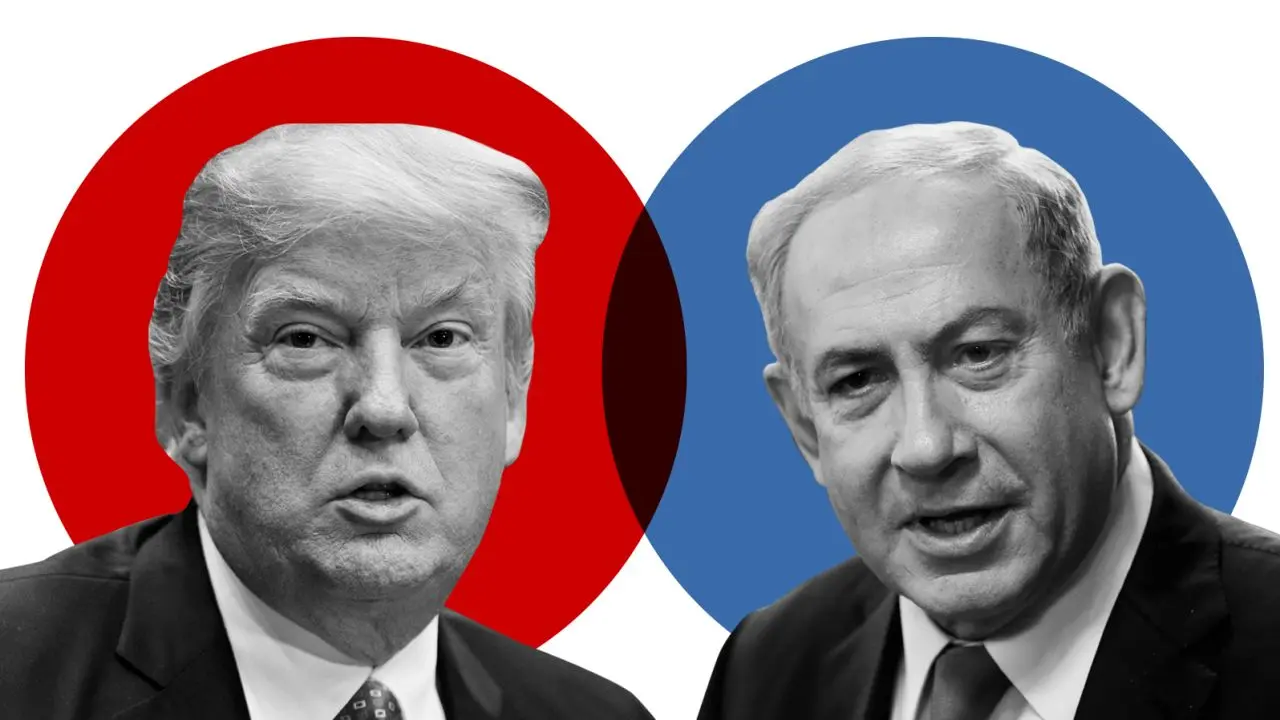
SOUTH AMERICA
Written by Stylo News: AI-Powered, Multi-Source Global News

Images © their owners, publicly available, for informational purposes.
Map of Events
Events are centered in the Middle East (Gaza, Israel) and Latin America (Venezuela, Caribbean region), with international diplomatic activities at the United Nations in New York City.
Locations
Event Updates
Trump Announces Possible Agreement to End Gaza Conflict
Executive Summary
On September 26, 2025, U.S. President Donald Trump announced that he is "very close" to securing a possible agreement to halt the ongoing conflict and alleged genocide in Gaza. This potential deal aims to facilitate the recovery of hostages and pave the way for peace in the Middle East. The announcement followed Trump's meeting with Israeli Prime Minister Benjamin Netanyahu and discussions with Middle Eastern leaders, including Turkish President Recep Tayyip Erdoğan, during the 80th United Nations General Assembly. Despite the announcement, Trump did not address the role of the U.S. and Israel in the conflict's escalation. The conflict has resulted in over 65,500 Palestinian deaths, including many children, with significant casualties and injuries reported by Gaza's Ministry of Health. The U.S. has used its veto power multiple times to block Security Council resolutions calling for a ceasefire. Netanyahu's speech at the UN was met with walkouts by several delegations, signaling international disapproval of Israeli policies in Gaza.
Situation
The situation in Gaza remains dire with ongoing military operations by Israel since October 2023, resulting in massive civilian casualties and humanitarian crises. President Trump's announcement of a potential agreement signals a diplomatic effort to end hostilities and secure hostage releases, though details remain undisclosed. The U.S. government's support for Israel, including vetoing ceasefire resolutions, has drawn criticism internationally. Netanyahu's UN speech was controversial, prompting walkouts from various countries. The timeline includes intensified conflict since late 2023, multiple UN debates, and diplomatic engagements at the 80th UN General Assembly in September 2025. National responses vary, with Israel defending its actions as self-defense, the U.S. supporting Israel's right to security, and many international actors calling for ceasefire and humanitarian access. Trump's remarks suggest a possible shift towards negotiation, but the humanitarian toll continues to escalate.
International Impact
The conflict in Gaza has significant international ramifications, affecting Middle Eastern stability and global diplomatic relations. The U.S.'s role as Israel's ally and veto power holder in the UN Security Council influences international responses. The announcement of a possible deal by Trump has been met with cautious optimism but also skepticism due to ongoing violence. Netanyahu's speech and the walkouts reflect deep divisions among UN member states. The situation continues to impact global discussions on human rights, international law, and conflict resolution. Key leaders have expressed concern over civilian casualties and called for peaceful solutions, while some support Israel's security claims.
Decision Maker Perspectives
Donald Trump, U.S. President: Announced nearing a deal to end Gaza conflict, emphasizing hostage recovery and peace, while supporting Israeli actions.
Benjamin Netanyahu, Israeli Prime Minister: Defended Israel's military operations at the UN, facing international criticism and walkouts.
Recep Tayyip Erdoğan, Turkish President: Engaged in discussions with Trump and other leaders regarding the conflict and potential agreements.
Source Perspectives
teleSUR English: Reports critically on U.S. and Israeli roles in Gaza conflict, highlighting Palestinian casualties and skepticism about peace prospects.
Venezuela Expresses Gratitude for International Support Against U.S. Aggression at UN
Executive Summary
On September 26, 2025, Venezuela's Foreign Minister Yván Gil addressed the United Nations, expressing gratitude for the support from multilateral organizations such as BRICS, the Non-Aligned Movement (NAM), and the Community of Latin American and Caribbean States (CELAC) amid ongoing U.S. aggression. Gil condemned the United States for imposing over 1,000 unilateral coercive measures against Venezuela and attempting to destabilize the region through threats of military intervention aimed at regime change. He emphasized Venezuela's commitment to peace, sovereignty, and development, highlighting the country's historical struggle led by Hugo Chávez for emancipation and democracy. The minister also criticized past U.S. interventions in Iraq, Libya, Afghanistan, and Iran, framing Venezuela's situation within a broader context of Western military aggression. Venezuela reaffirmed its right to defend its sovereignty and called for global balance, justice, and equity.
Situation
Venezuela faces sustained pressure from the United States, including sanctions and military threats, which the government views as illegal and unjustified attempts to undermine its sovereignty. At the 80th UN General Assembly, Foreign Minister Gil publicly thanked international allies and organizations for their solidarity and support against these pressures. The timeline includes decades of U.S.-Venezuela tensions, intensified sanctions, and diplomatic efforts to rally regional and global support. The Venezuelan government stresses peaceful resistance and regional stability, condemning foreign interference. The minister's speech serves both as a denunciation of U.S. policies and a reaffirmation of Venezuela's commitment to sovereignty and peace.
International Impact
Venezuela's appeal at the UN highlights the geopolitical tensions between the U.S. and Latin American countries aligned with alternative international blocs like BRICS and NAM. The support from these groups underscores shifting alliances and challenges to U.S. influence in the region. Venezuela's stance resonates with other nations opposing unilateral sanctions and military interventions. The speech contributes to ongoing debates about sovereignty, international law, and the legitimacy of sanctions as foreign policy tools. It also reflects broader concerns about peace and security in the Caribbean and South America.
Decision Maker Perspectives
Yván Gil, Venezuelan Foreign Minister: Condemns U.S. aggression and sanctions, thanks international support, and emphasizes Venezuela's peaceful sovereignty defense.
United States Government: Maintains sanctions and pressures on Venezuela, citing concerns over governance and regional security.
BRICS, NAM, CELAC: Express solidarity with Venezuela against U.S. unilateral measures and support sovereignty and peaceful development.
Source Perspectives
teleSUR English: Supports Venezuela's narrative highlighting U.S. aggression and international solidarity against sanctions and military threats.